Huanglongxi Shops

Beez Neez now Chy Whella
Big Bear and Pepe Millard
Fri 18 May 2018 22:27
|
Some of the Shops We Saw
on Our Bimble Through Huanglongxi
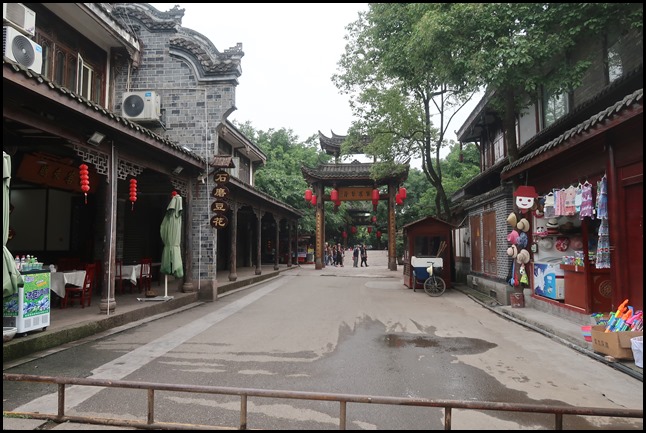 No sooner than we had cocked our legs
over the car prevention barrier than we were assaulted with food smells, some
good, some strange and some quite ....... odd...... The non-food shops also began.
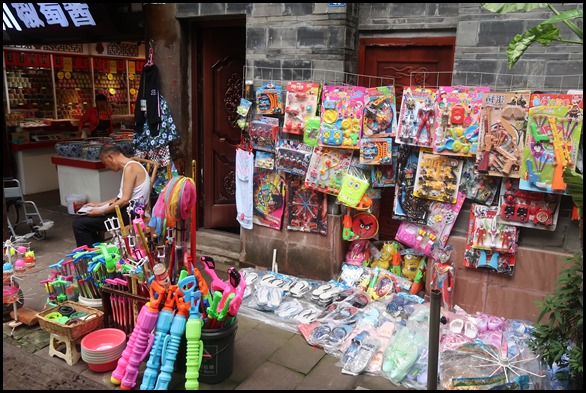 Our first Chinese
jack shop was just around the corner.
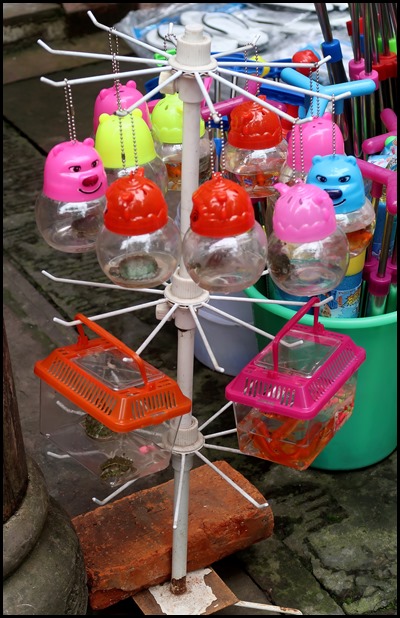 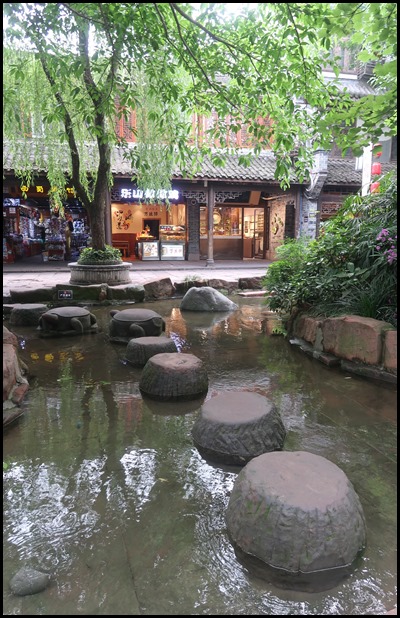 Sadly, the next ‘thing’ we saw was
a cruel show. A stand, open to the elements,
especially the sun, held a number of tiny toys each holding a baby turtle.
Below, a larger plastic box on the left containing more turtles and to the
right, a plastic box with little water, full of goldfish. Moving right along to
look across the little stream and a quaint picture of shops
on the other side, accessible by stepping stones.
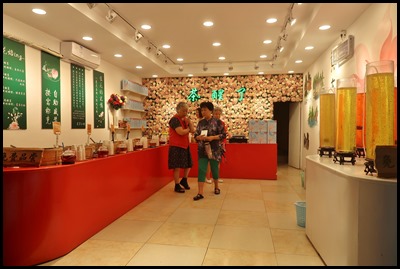 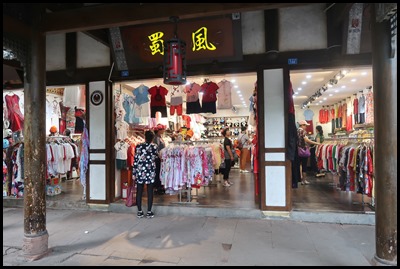 A rather posh rosewater shop and a clothing
store that fitted well into the aged wood.
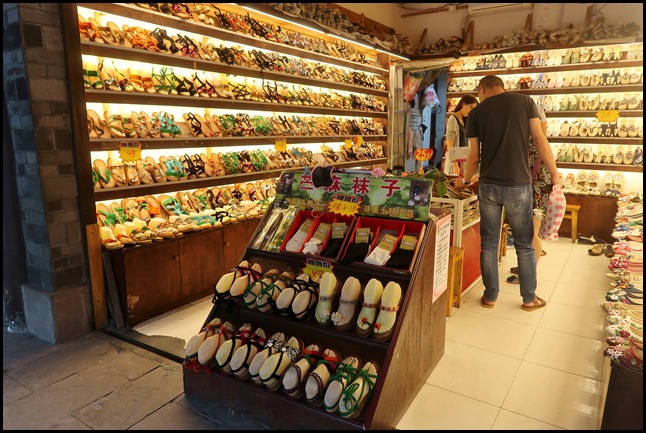 A shop full of hand-embroidered shoes and sandals.
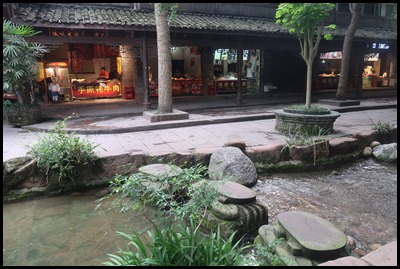 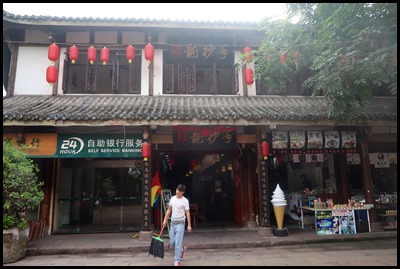 More stepping
stones and traditional lanterns in
red.
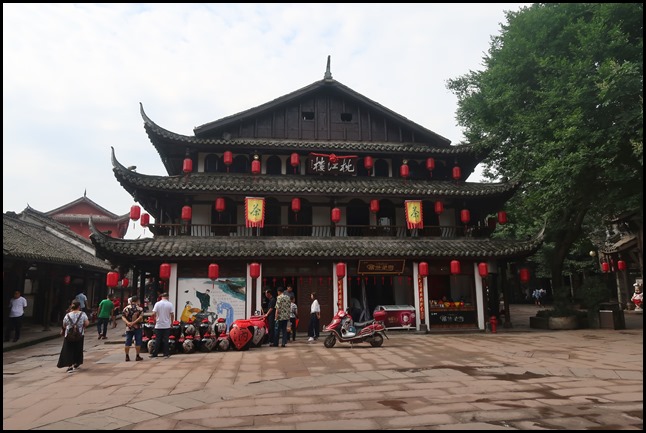 Out into a huge courtyard, a wine shop where people bought straight from the barrels
outside.
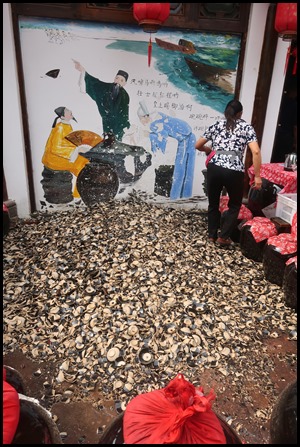 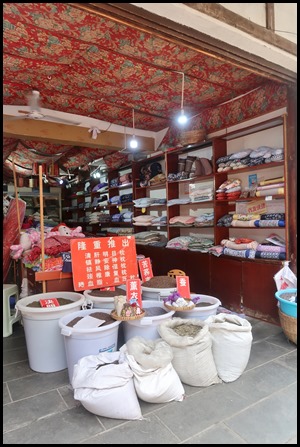 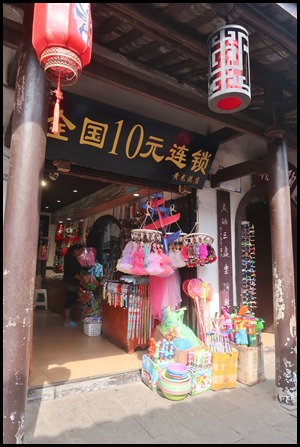 The wine
shop is also a restaurant, once a patron has finished eating they chuck
their crockery in a pile by the door. A couple of ‘normal’ looking shops.
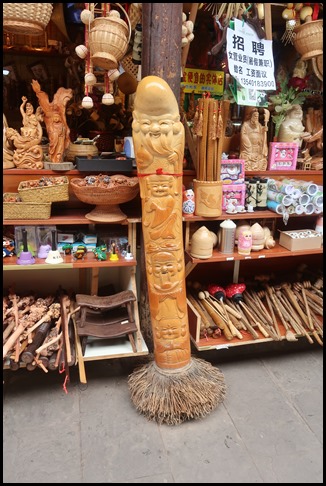 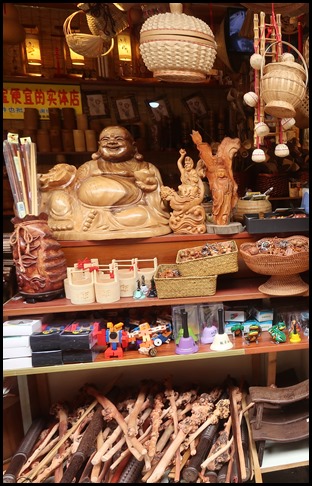 OH
MY in the wood shop.
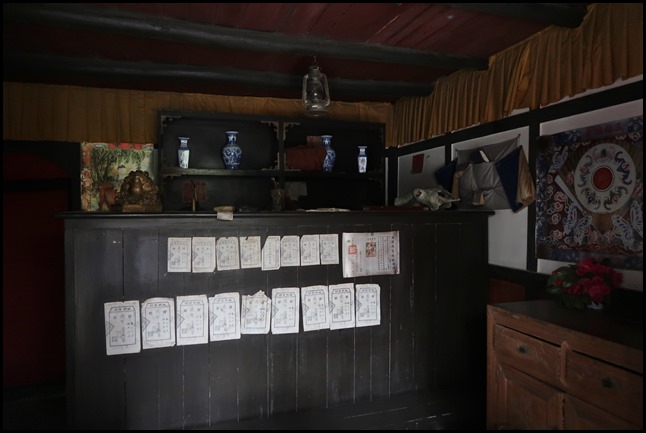 Just along from the Zhenjiang Temple
was this elderly pawn shop and opposite was the water
collecting alley. The history of the pawnshop can be traced back to Emperor
Wu of Southern and Northern Dynasty. At that time, natural and
man-made disasters happened from time to time. It was a chaos of war turmoil. In
order to appease the mass, the government gave off large amounts of funds to
relieve the mass and allowed the mass to impawn articles for cash. It was the
rudiment of pawnbroking. In the ninth year of Emperor Tongzhi’s reign, Hui Gang
started to establish Public Aid Pawnshop in Huizhou, which had a greater
influence than Zhejiang Gang. The pawnshop opened by Chaozhou people was called
Ya Tou Pawnshop.
The business scope of pawnshop
was considerably extensive. Things such as gold or silver jewellery, clothes,
copper pan, curios and porcelains that had some value could be pawned. When the
articles were pawned to the pawnshop, a pawn ticket, a piece of white paper
printed with blue characters, was given as the pawn evidence. The valid period
was twelve months and five days. If the article failed to be bought back, it was
the pawnshop’s right to deal with the article. If the article was eaten by moths
or rotten, the pawnshop did not bear any liability. If the pawn ticket was lost,
the pawnshop would not provide another ticket. They only admitted the ticket not
the one who impawned the article. When the ticket was lost, Ticket Makeup Fee
was charged. If people hold other people’s ticket to see the article, they
should be charged with Catching Fee. Large articles occupying land should be
charged with Placement Fee. The
shopkeeper in charge of bargaining was called Mr. Chaofeng. Chaofeng was
formerly an official title, while later it was used as special title for
pawnshop keepers who specialised in evaluation and writing pawn tickets. They
always bargained at a very low price and the poor people were hence at a
disadvantage situation and suffer losses.
Some of the rest:
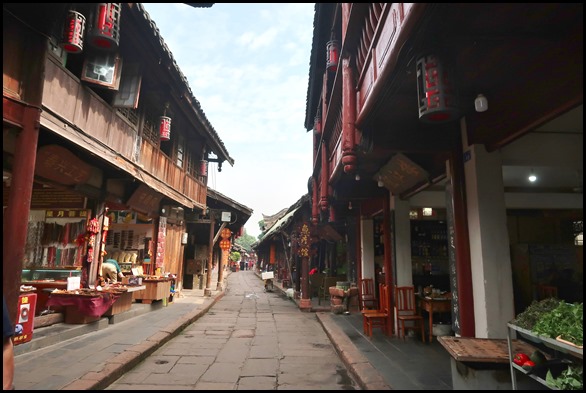 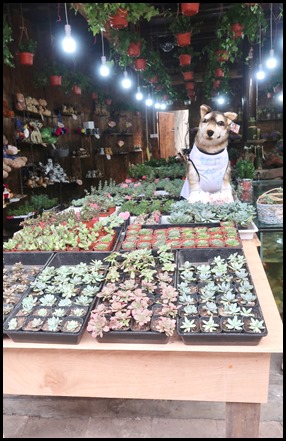 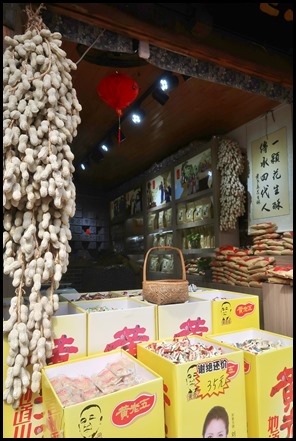 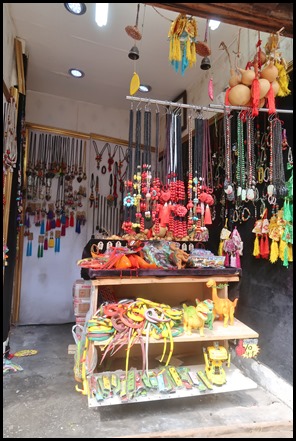 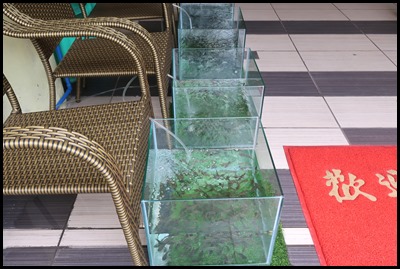 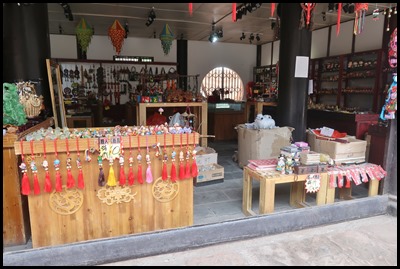 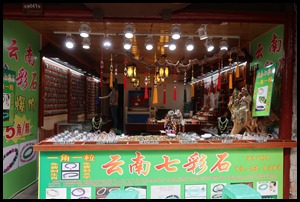 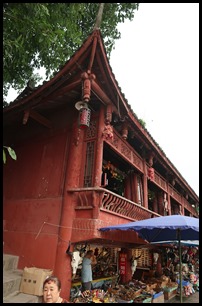 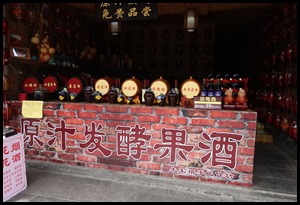 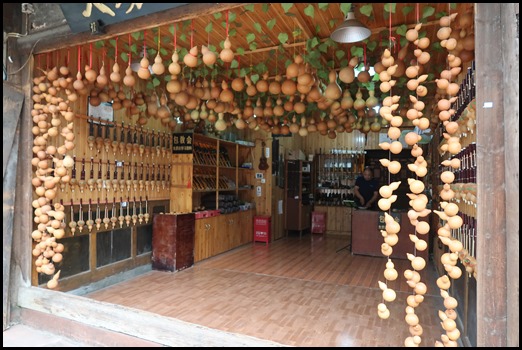 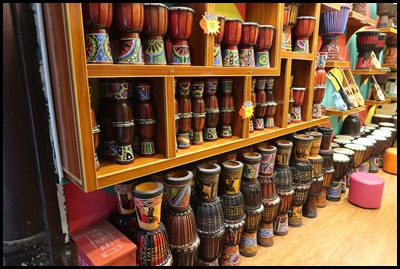 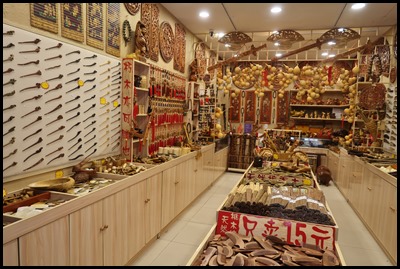 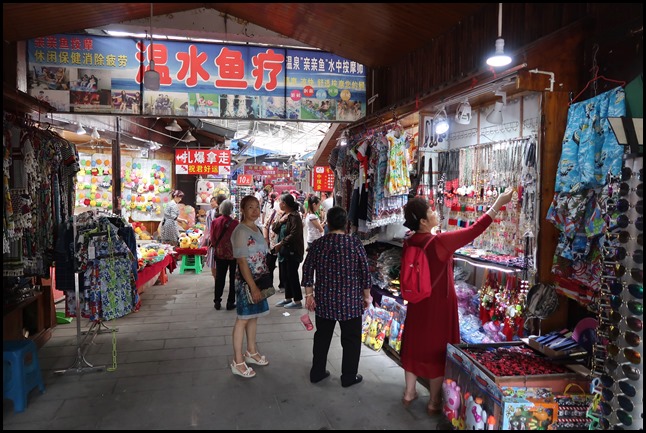 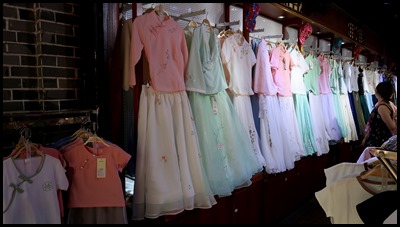 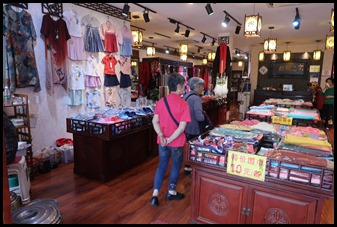 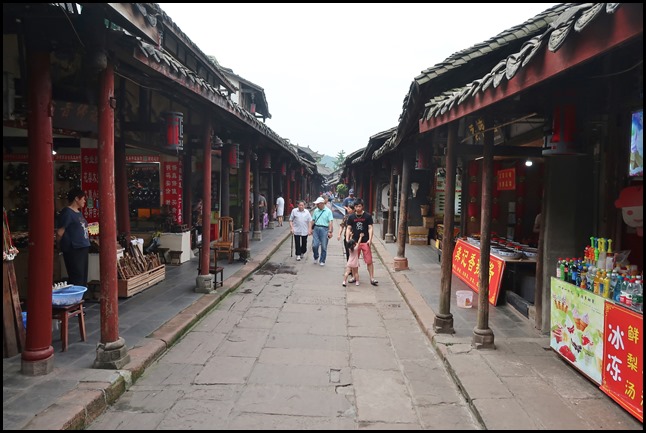 ALL IN ALL A COLOURFUL MIXTURE
FULL OF WEIRD EATERIES AND GROCKLE
SHOPS
OOOooooo Food
Next..............
|